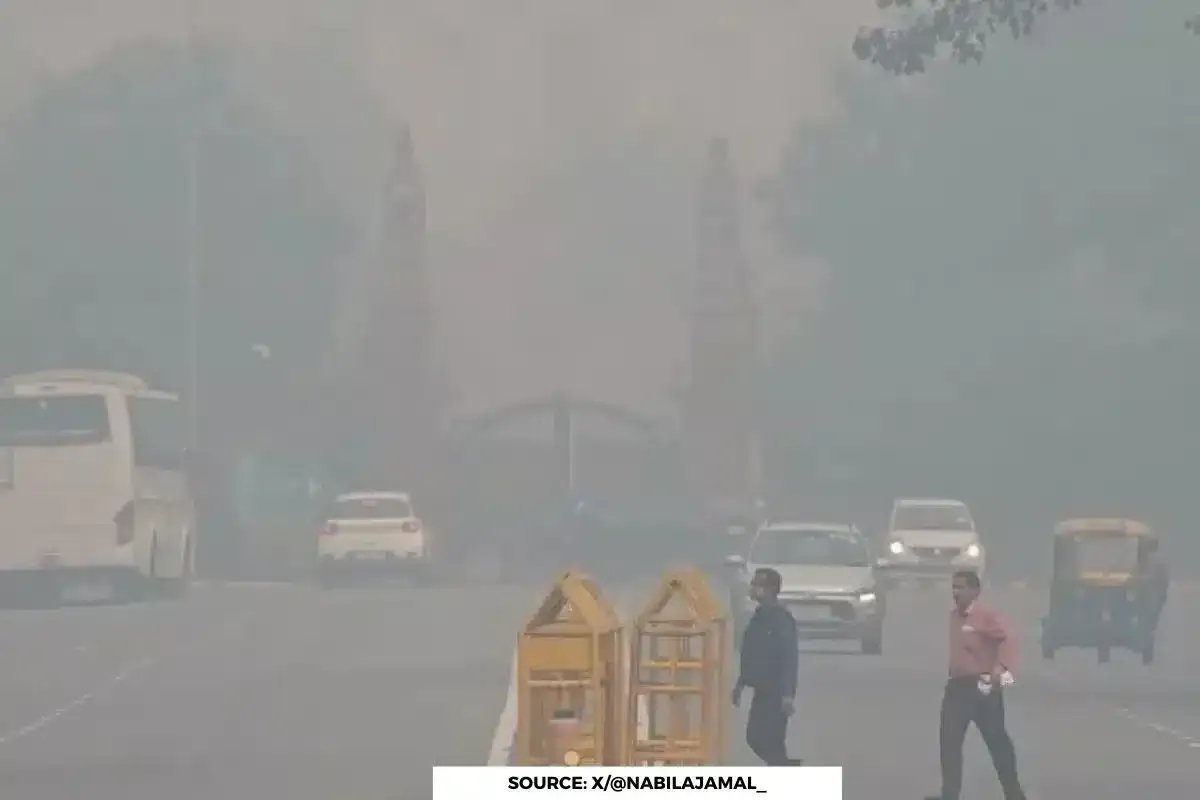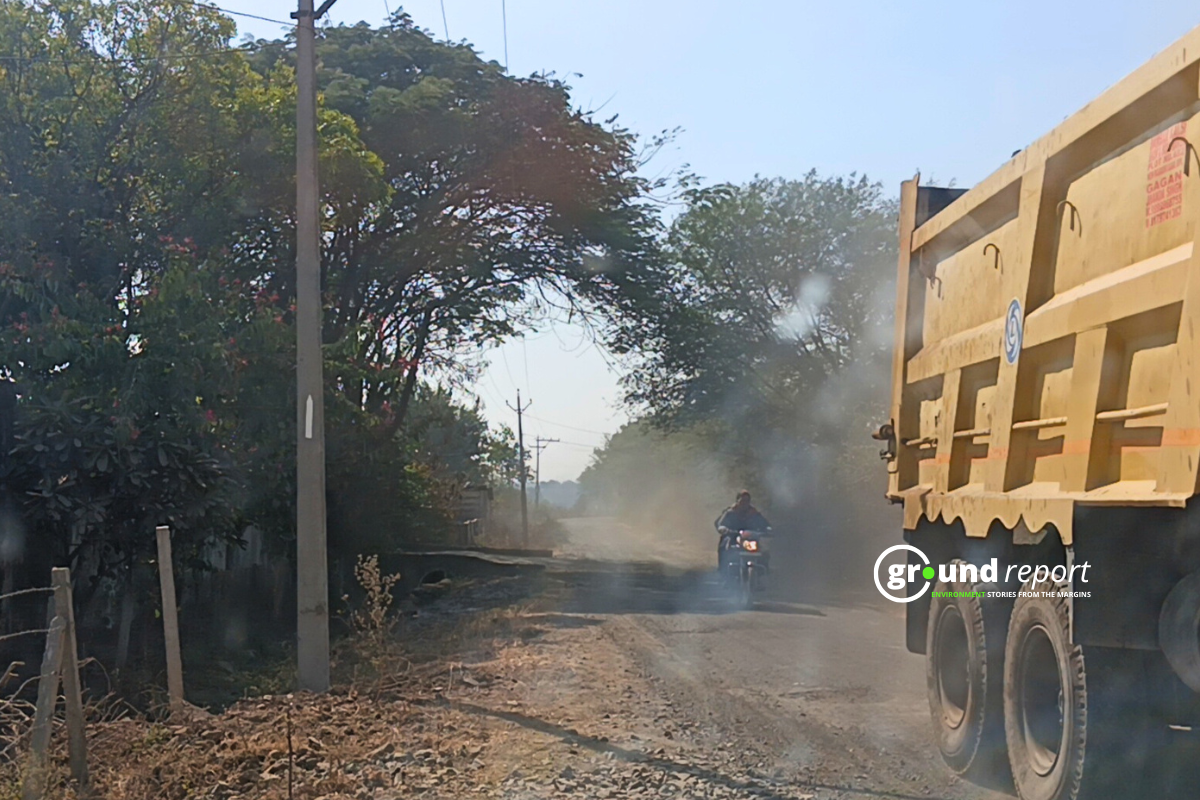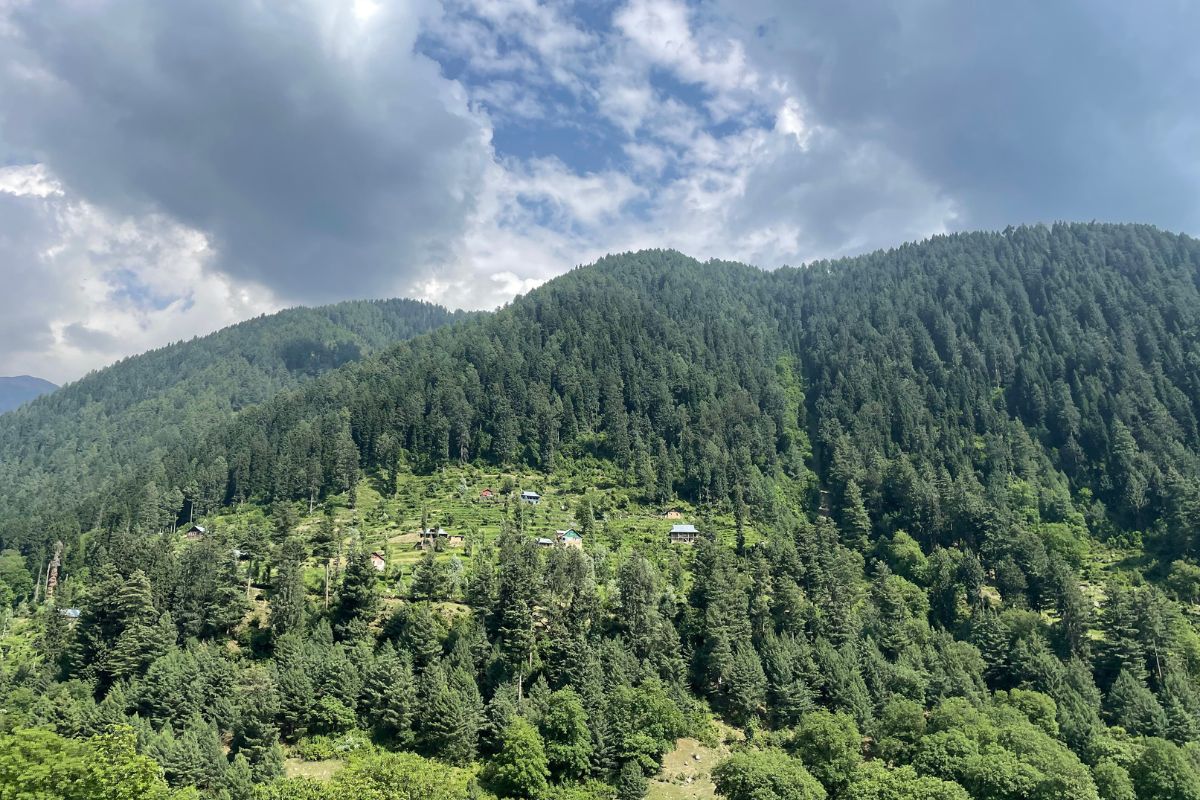India’s air quality deteriorated in January 2024, as the winter season and low wind speed trapped pollutants near the surface, according to a report by the Centre for Research on Energy and Clean Air (CREA).
The report, titled “India Monthly Ambient Air Quality Snapshot: January 2024”, analysed the data from 539 continuous ambient air quality monitoring stations (CAAQMS) across 271 cities in India. It found that only 32 out of 131 cities under the National Clean Air Programme (NCAP) met the World Health Organization’s (WHO) daily guideline for PM2.5, a fine particulate matter that can penetrate deep into the lungs and cause serious health problems.
The report also revealed that only 101 out of 131 cities identified as non-attainment cities under NCAP have a CAAQMS installed as of January 2024, leaving 30 other cities without any real-time information on their pollution levels. NCAP is a flagship initiative of the Indian government to reduce air pollution and improve air quality in 102 cities by 2024.
Top 10 most polluted and cleanest cities in India
| Rank | City | State | PM2.5 Concentration (Monthly Avg.) | NCAP Status |
|---|---|---|---|---|
| 1 | Delhi | Delhi | 206 µg/m³ | Yes |
| 2 | Bhagalpur | Bihar | 206 µg/m³ | No |
| 3 | Saharsa | Bihar | µg/m³ | |
| 4 | Byrnihat | Assam | µg/m³ | |
| 5 | Greater Noida | Uttar Pradesh | µg/m³ | |
| 6 | Hanumangarh | Rajasthan | µg/m³ | |
| 7 | Noida | Uttar Pradesh | µg/m³ | |
| 8 | Baddi | Himachal Pradesh | µg/m³ | |
| 9 | Sri Ganganagar | Rajasthan | µg/m³ | |
| 10 | Faridabad | Haryana | µg/m³ |
Delhi ranked as the most polluted city in India in January 2024, with a monthly average PM2.5 concentration of 206 µg/m³, surpassing the daily national ambient air quality standards (NAAQS) every day of the month. Bhagalpur in Bihar followed closely behind, with a monthly average PM2.5 concentration of 203 µg/m³. Among the top 10 most polluted cities in India, two were in Bihar, two in Rajasthan, two in Uttar Pradesh, one in Assam, one in Haryana, one in Himachal Pradesh, and one in Delhi.
Air Pollution Trends in January 2024
In Rajasthan, Hanumangarh and Sri Ganganagar, two of the most polluted cities, didn’t have comparable air quality data for the same time last year. Among the other eight cities, five had higher pollution levels in January 2024 compared to last year. But Bhagalpur and Saharsa in Bihar saw a slight improvement, while Byrnihat in Assam had a significant drop in pollution.
Also, the number of days with very high pollution, over 250 µg/m³ of PM2.5, decreased in Byrnihat, Saharsa, and Bhagalpur in January 2024 compared to January 2023.
In January 2024, 51 cities were on the list of the most polluted cities, with 21 appearing at least five times. Bhagalpur in Bihar was at the top, showing up 29 times, followed closely by Delhi, Saharsa, Hanumangarh, Byrnihat, Greater Noida, and Chapra, each appearing 13 days.
These cities were spread across 13 states and union territories, indicating widespread air pollution issues nationally.
Out of the 51 highly polluted cities, only 20 were part of the National Clean Air Programme (NCAP), while the rest lacked any action plan to tackle pollution.
On the other hand, Satna in Madhya Pradesh was the cleanest city in January 2024, with PM2.5 levels below 30 µg/m³ throughout the month. Mandikhera in Haryana and Gangtok in Sikkim also had low pollution levels, below the WHO guideline of 15 µg/m³.
Other cities on the list of cleanest cities included Chamarajanagar, Vijayapura, Kalaburgi, and Bagalkot in Karnataka, along with Aizawl in Mizoram, Silchar, and Sivasagar in Assam.
Keep Reading
Global temperature spikes above 2°C for first time, scientists warn of climate risks
Climate change will increase wildfire risk and lengthen fire seasons
Asia’s risk of humid heat waves rises 30 times with climate change
El Niño could raise temperatures globally later this year
2024 can beat the record heat of 2023 due to El Niño: WMO
Follow Ground Report for Environmental News From India. Connect with us on Facebook, Twitter, Koo App, Instagram, Whatsapp and YouTube. Write us on GReport2018@gmail.com and subscribe our free newsletter.
Don’t forget to check out our climate glossary, it helps in learning difficult environmental terms in simple language.









